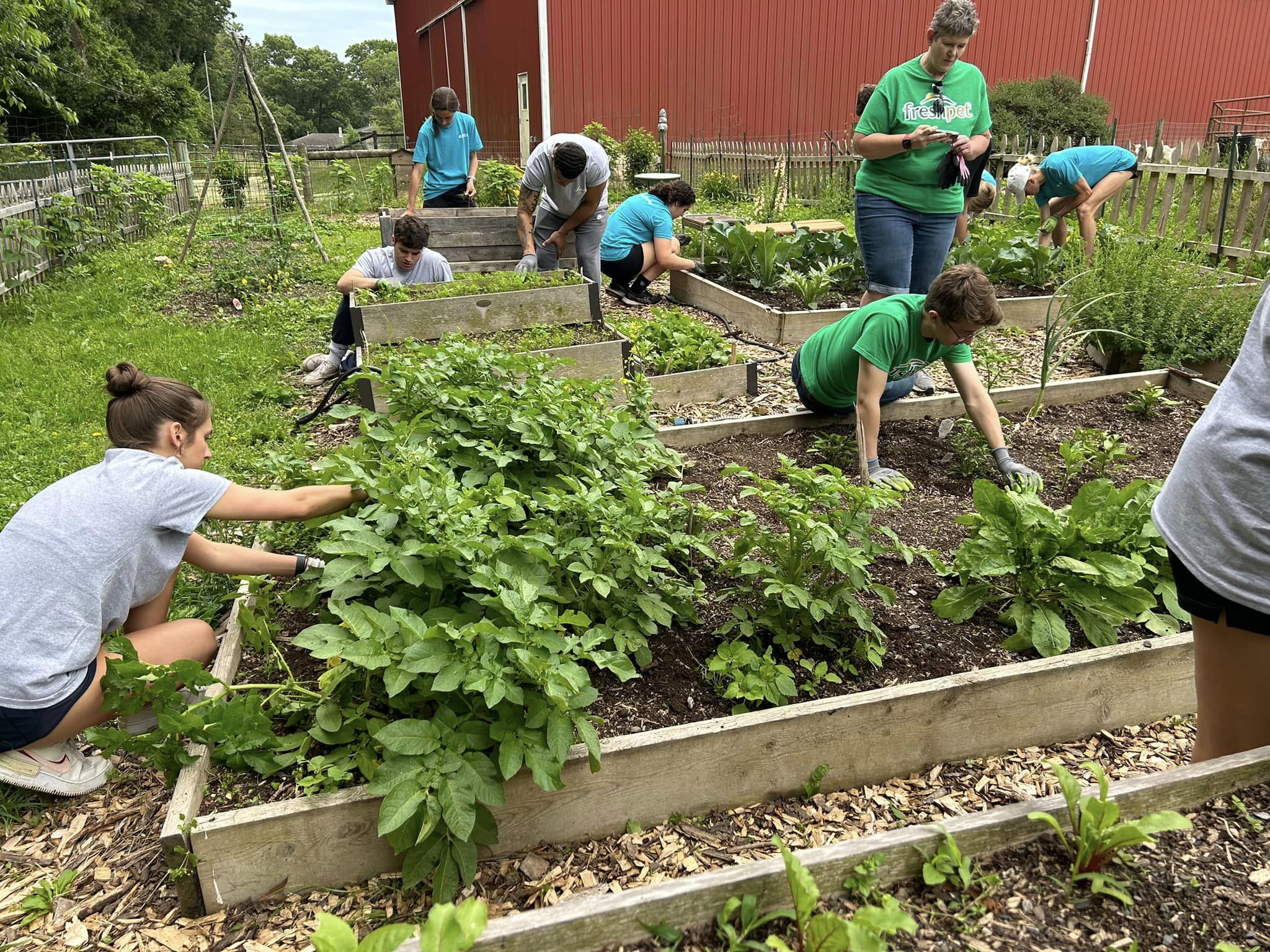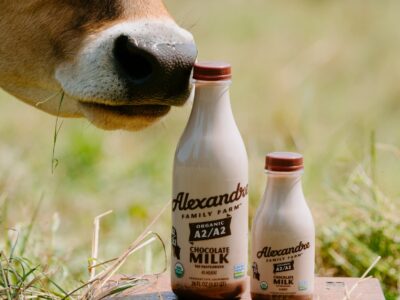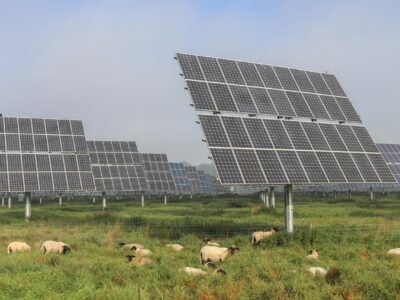Pennsylvania’s Flint Hill Farm offers a working farm experience for school children and community members. The Lehigh County operation has 27 preserved acres of plants and animals and provides numerous programs via the Flint Hill Farm Educational Center, allowing community members to learn how to live and work off the land. The farm became a nonprofit organization in 2006 but has been running since the 1850s.
Video Courtesy FlintHillFarm1
“There are so many facets to what the farm’s educational center offers,” Kathy Fields, Flint Hill Farm’s owner, told Garden & Health. “People from all over the world come in and get that snapshot of what it’s like being on a farm. We have summer camps folks, and we have volunteers who come in week after week. Kids who came when they are 12 now bring their babies to the farm. They see the farm as a safe place.”
Children who spent time at Flint Hill have gone on to be veterinarians and vet techs. Fields explained that the nonprofit’s central mission is to invest in the lives of children who wouldn’t ordinarily have access to a rural farm experience.
Families can stay overnight and can learn how to collect eggs, help milk the cows, and assist with feeding the animals. Additionally, the farm participates in agricultural education, dairy, and herdsmanship internship programs open to people 17 years old and older.
Photo Courtesy Flint Hill Farm Educational Center
For Fields, the farm and its program teach life lessons. Whether it’s bread baking, goat care and management, felting, or spinning, each activity means making decisions and learning from the process.
“I find that a lot of young people, in their teens or early 20s, come to the farm so afraid of making a mistake,” Fields said. “They will ask me, ‘What do I do next?’ and I’ll say, ‘What do you want to do next?’ because the farm challenges people to make decisions in the moment, and that it’s okay to make mistakes. Farms teach you to make real-life decisions.”
Flint Hill Farm also offers school tours. Its programs align with the requirements
of Pennsylvania schools’ curricula via relationships with Penn State University and Extension Service, the Pennsylvania Association for Sustainable Agriculture, and The Pennsylvania Department of Conservation and Natural Resources. All programs are designed to meet classroom standards for grade-appropriate math, science, biology, ecology, and physical education skills.
Photo Courtesy Flint Hill Farm Agricultural Education Center
Fields relies on numerous volunteers to keep the programs up and running. They don’t have to have experience; in fact, volunteers are trained with specific skills to help assist visitors on the farm. That training includes everything from trail building to landscaping to carpentry.
“Volunteers are our heartbeat because volunteers come in with a passion to do something,” Fields said.
“They aren’t here to get paid or watch the clock. They understand the importance of teamwork and want to learn. They draw off of each other’s experiences. You couldn’t pay anybody for the passion they have.”
The Farm Store supports the sustainable nonprofit agricultural education center through onsite production and sales. All proceeds from purchases support the outreach programs.
Photo Courtesy Flint Hill Farm Educational Center
“I tell people God gave us a garden,” Fields said. “Our farm attracts people who have jobs like computer science or law. I find that people have moved far away from putting their hands in the soil, interacting with animals, and starting and ending with what they have right in front of them. God gave us seasons for a reason, to give us order to our lives; when you take out that order of seeding-planting-growing-harvesting and resting, it becomes a rat race that it’s easy to disassociate from.”
“Working on a farm gives you ways to look at things in front of you, figure things out, and plan ahead,” she continued. “You have a direction and grounding, and a beginning and an ending. When people ask what we grow, I say we grow lives — that’s our crop. We invest in people’s lives and watch the young people that come through here develop and grow.”





